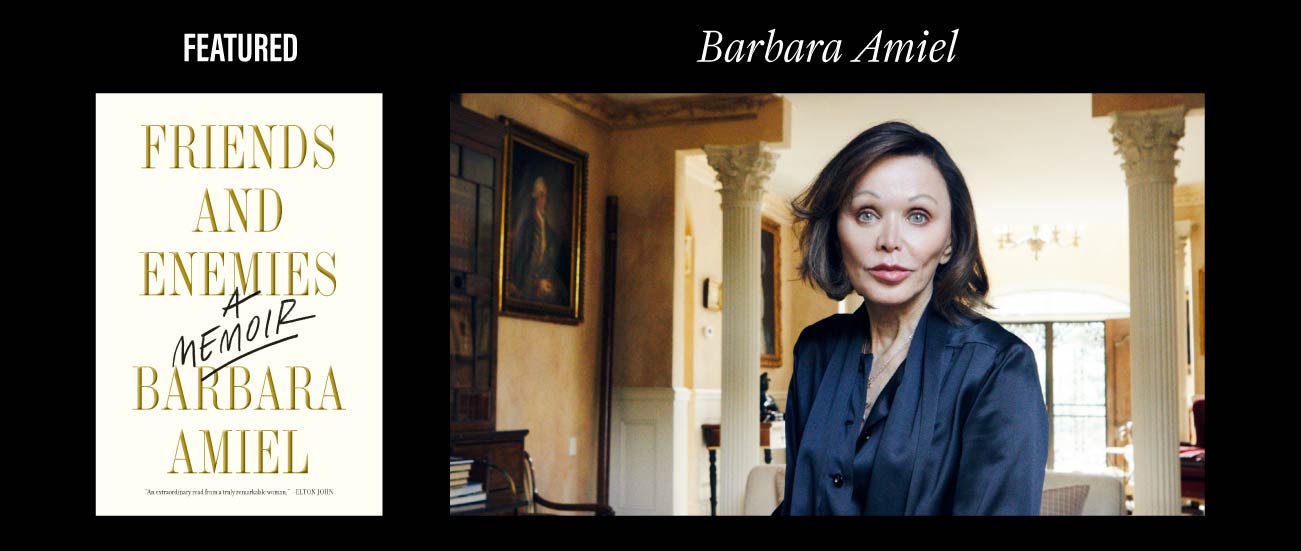
Barbara Amiel’s Featured Book
Friends and Enemies
Barbara Amiel’s much-talked-about life has been a subject of endless fascination for the media, many unauthorized biographies, as well as screen depictions. An instinctive feminist and now a foe of feminism’s political correctness, she covers a formidable array of experiences—political, sexual, marital, and material—in these memoirs.
Born in London during World War II’s Blitz, the only consistent strains in her life were a fierce belief in her identity as a Jew, even as the Jewish community disowned her, and an unquestioned view that women were free to do anything in any arena they chose without the need to win society’s approval. Which she very often did not.
Her rise to the senior rungs of journalism began in Canada after the emigration of her family and continued in the United Kingdom on her return. With four marriages and an assorted number of beaus, some famous, some infamous (some rather young, some rather elderly), she moved through different worlds, encountering problems made more intractable on occasion by her own faulty choices.
Though her views on political and social issues were controversial and unpopular, it is a measure of her writing skill that she held down plum jobs for many decades in Canadian and British journalism, as well as appearances in U.S. publications ranging from the Wall Street Journal and the New York Times to the National Enquirer and Vogue.
When Barbara Amiel’s family life broke apart in her early teens, she faced problems solved without the benefit of parental guidance in moments that are often hilarious as well as touching. As an adult and a writer of unabashedly libertarian views, she was derided as much for her wardrobe as for her ideas. Promoted by Maclean’s magazine with the slogan “Love her or hate her,” she was philosophical. “I love liberty, opera, sex, and fashion,” she once told an interviewer. “But life would have been easier if my passions had been for trainspotting and stamp collecting.”
Her life has an operatic quality played out against a backdrop of physical and mental difficulties with a wildly diverse cast including Elton John, Henry Kissinger, Anna Wintour, Oscar de la Renta, Princess Diana, Tom Stoppard, Brooke Astor, Margaret Thatcher, Gianni Agnelli, David Frost, and an array of the aristocrats of Manhattan and the stately homes of England. All handled, she writes “with my fatal combination of naiveté and self-absorption.” The epic battle with the U.S. justice system leading to the trial and imprisonment of her husband, Conrad Black (eventually substantially vindicated), became a litmus paper for sorting out friends from those who were quick to judge and brutal in their dismissal. Friends and Enemies is not a book of vengeance but an attempt to find her own truth: a life that reads like a novel–eloquent, surprising, written with deeply personal candour and utterly unputdownable.
Buy the Book:
